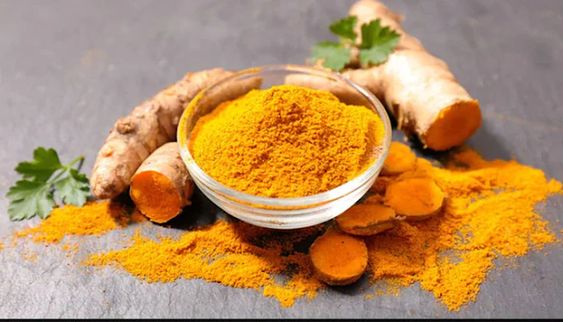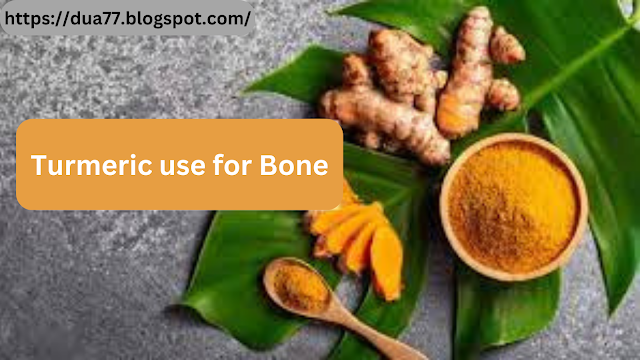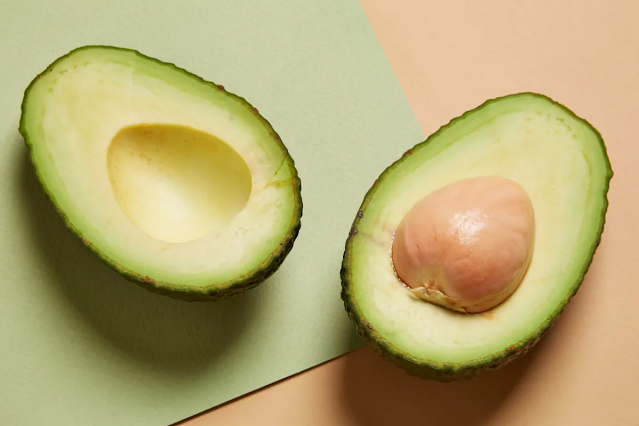What are the Benefits of Turmeric
The benefits of turmeric include its ability to reduce inflammation, improve digestion, boost the immune system, improve skin health, reduce the risk of cancer, and protect against neurological diseases. It also has antioxidant, antibacterial, and antiviral properties. Additionally, turmeric can help to lower cholesterol, improve blood circulation, and reduce the risk of heart disease.
Like every culture, sub-continental kitchens have their own spices and herbs that not only enhance the taste of food but also have many medicinal benefits.
Turmeric is a spice that is often used in Indian cuisine. It has a slightly bitter, peppery flavor and a slightly orange color. One such ingredient is 'turmeric', specifically turmeric milk also known as yellow drink, this drink has multiple benefits and is also used as a home remedy for various medical conditions, especially swelling and joint pain.
What is Turmeric Good For?
Turmeric is a powerful spice that has many health benefits. It is a natural anti-inflammatory and antioxidant, and it can help boost your immune system, reduce inflammation, and improve digestion. It has also been shown to help with joint pain, reduce the risk of heart disease, and even help fight cancer.
If you prefer, use raw turmeric or turmeric powder, both are antioxidants, antiviral, antibacterial, anti-fungal, anti-carcinogenic, anti-mutagenic and anti-inflammatory, but raw turmeric is pure and free from all adulteration. It is therefore better to use it.
What are the Health Benefits of Turmeric?
Turmeric has a long history of use in traditional medicine, and is thought to have a variety of health benefits.
Some of the following benefits of turmeric are at the service of the readers.
1- Antioxidant Property:
Turmeric is a powerful antioxidant that can help protect the body from free radical damage.
2- Antibacterial Property:
Turmeric is known to possess antibacterial properties due to its active ingredient, Curcumin. Curcumin has been found to inhibit the growth of a variety of bacteria, including Staphylococcus aureus, Escherichia coli, and Pseudomonas aeruginosa.
3- Antiviral Property:
Turmeric has been used for centuries in Ayurvedic and Chinese medicine to treat a variety of ailments, including viral infections. It has been found to possess antiviral properties due to its active ingredient, Curcumin, which has been shown to inhibit the replication of a variety of viruses, including HIV, hepatitis B, and herpes simplex virus.
4- Reduces Swelling and Inflammation:
One of the many medical benefits of turmeric is to reduce swelling or inflammation. Turmeric contains a compound called Curcumin that helps reduce swelling or inflammation.
Chronic inflammation plays a fundamental role in chronic diseases including cancer, metabolic syndrome, Alzheimer's and cardiovascular diseases. This is why foods rich in compounds that reduce swelling or inflammation can reduce the risk of these diseases.
Research has shown that ginger, cinnamon, and turmeric are packed with anti-inflammatory properties, which may reduce joint pain.
5- Improves the Digestive System:
Turmeric has long been used in traditional medicine to improve digestion and treat problems. It has also been shown to help reduce the symptoms of irritable bowel syndrome (IBS) and other digestive disorders.
Consuming ginger and turmeric improves the digestive system, research shows that turmeric helps in reducing the symptoms of indigestion.
Turmeric improves fat digestion by increasing the amount of bile produced. Research reports have also shown that turmeric can improve digestion.
6- Improves the Immune System:
Turmeric also helps in improving the immune system, it contains curcumin which has anti-bacterial, anti-viral and anti-fungal properties that prevent and fight various diseases.
In addition, curcumin can help regulate the immune system and promote a healthy immune response.
7- Makes Bones Strong:
Turmeric milk can also help strengthen bones, cow's milk is rich in calcium and vitamin D, both of which play an important role in strengthening bones.
If the amount of calcium in the diet is low, the bones become weak and brittle, which increases the risk of bone diseases.
Vitamin D also plays a role in strengthening bones because it improves the ability of the stomach to absorb calcium.
8- Improves Brain Function:
Research reports have shown that turmeric increases the levels of a compound called BDNF, which helps in the growth of new connections and cells in the brain.
According to the researchers, while a decrease in BDNF levels increases the risk of brain diseases such as Alzheimer's, other components may also have these benefits.
A specific protein tends to accumulate in the brains of Alzheimer's patients, and test-tube research reports that compounds in cinnamon may help reduce the accumulation of this protein.
9- Good for Heart Health:
Curcumin (a yellow pigment found primarily in turmeric) has been shown to reduce cholesterol levels and improve circulation, which can help protect against heart disease.
10- Reduce the Risk of Cancer:
Turmeric has been found to have anti-cancer properties, and may help reduce the risk of certain types of cancer.
11- Improve Skin Health:
Turmeric has been found to have anti-aging properties and can help reduce the appearance of wrinkles and age spots.
12- Turmeric Good for Acne:
Turmeric has been used for centuries to treat a variety of skin conditions, including acne. It has anti-inflammatory, antioxidant, and antibacterial properties that can help reduce redness, swelling, and inflammation associated with acne. It can also help reduce the appearance of acne scars. However, it's important to note that turmeric is not a cure for acne and should be used in combination with other treatments.
Turmeric Side Effects:
Turmeric is generally considered safe when taken in recommended doses, but it can cause some side effects. These include stomach upset, nausea, dizziness, or diarrhea. It may also interact with certain medications, so it is important to talk to your doctor before taking it. Long-term use of turmeric may cause liver problems.
How to use Turmeric:
Turmeric can be used in a variety of ways. It can be used as a spice in cooking, added to smoothies and juices, or taken as a supplement. It can also be used topically as a paste or oil. Here are some ideas for how to use turmeric:
1. Add it to curries, soups, and stews. 2. Sprinkle it on roasted vegetables. 3. Make a turmeric latte by adding it to warm milk with a sweetener of your choice. 4. Mix it into a smoothie or juice. 5. Make a turmeric paste by combining it with water and a little oil. 6. Add it to salad dressings. 7. Take it as a supplement. 8. Use it as a face mask.
Final Verdict:
Turmeric is generally considered safe for most people when taken in the recommended amounts. However, it may cause side effects in some people, such as upset stomach, dizziness, and skin rashes. It may also interact with certain medications, so it is important to talk to your doctor before taking turmeric supplements.













Comments
Post a Comment
Please do not enter any spam link in the comment box.